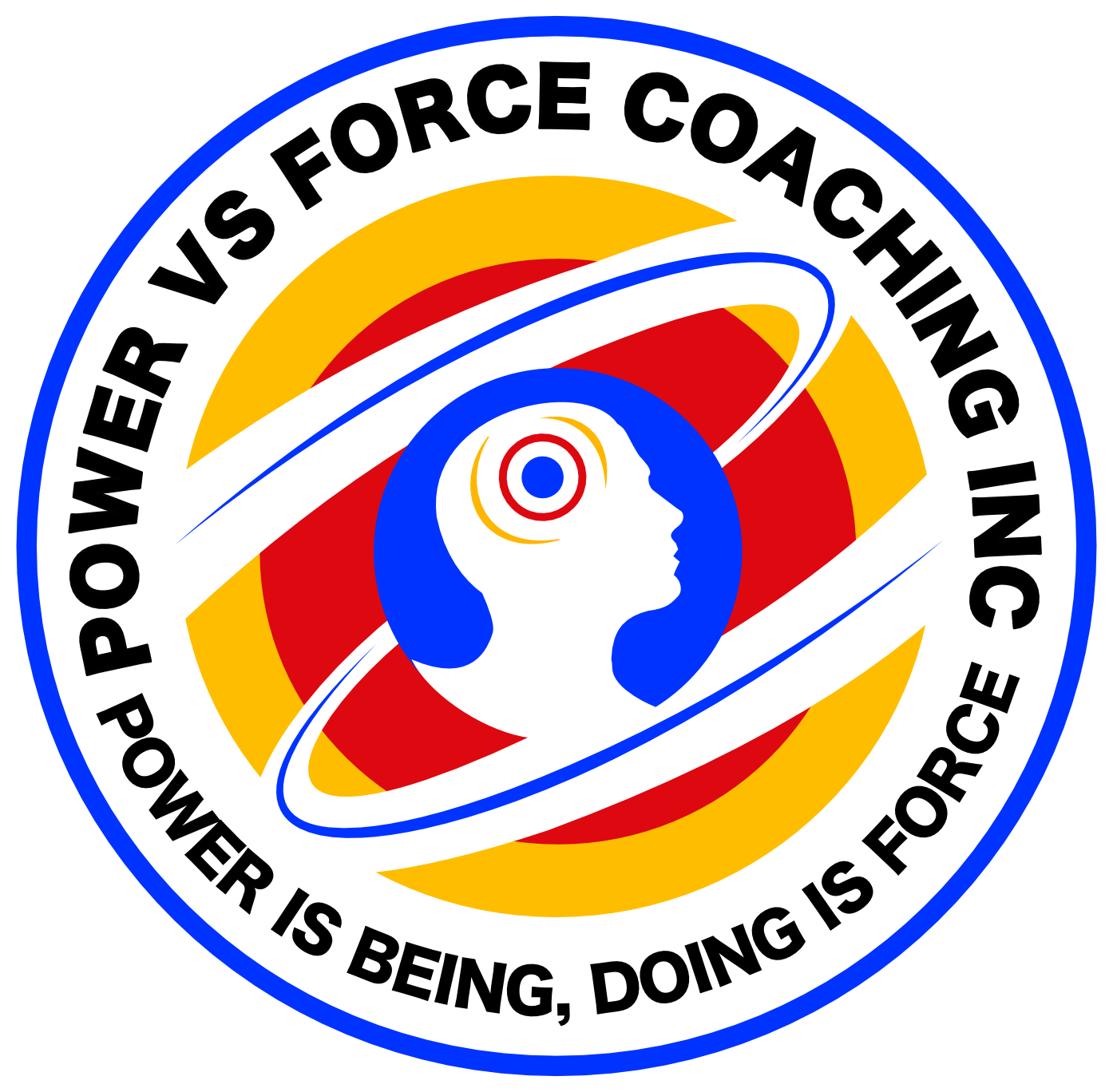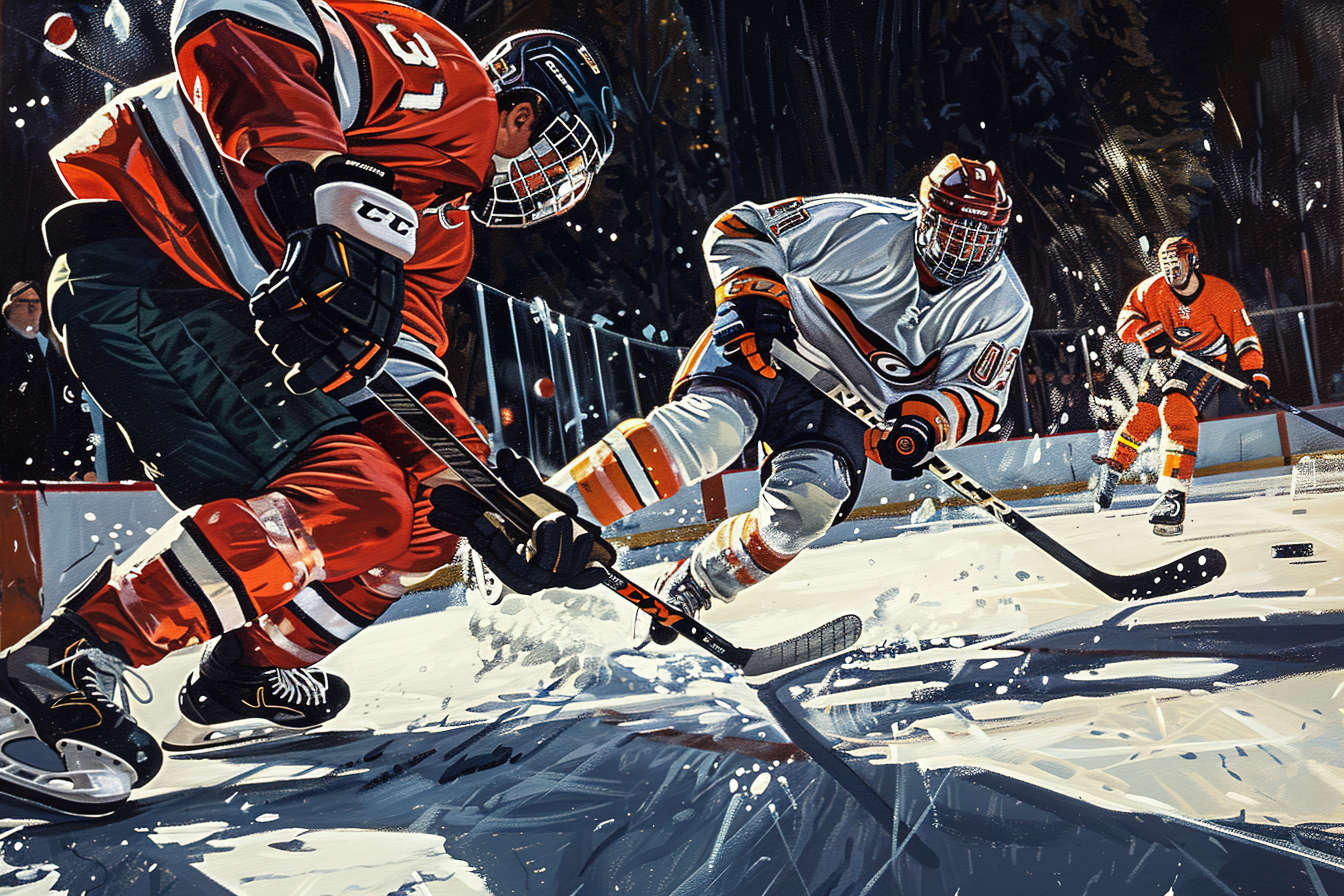Turning Hockey Criticism into Constructive Growth
Hockey, known for its speed, physicality, and intensity, is a sport that demands not only physical prowess but also mental resilience. Within this high-pressure environment, players often face criticism, yelling, and negative feedback from coaches, a traditional aspect of sports intended to motivate and improve performance. However, from a COR.E Performance Dynamics standpoint, understanding the profound effects of such interactions on athletes’ confidence and mindset is crucial. This article delves into the psychological ramifications of negative feedback on hockey players and proposes strategies to manage and mitigate these effects, fostering a more supportive and effective developmental environment.
Understanding The Impact
A hockey player’s mental health can be affected by negative feedback, especially if it is given in a rude or angry way. Criticizing and yelling can make you feel stressed, which can make you more anxious, tense, and afraid of failing. Being in this frame of mind can hurt performance because a player might be too cautious, hesitate during critical moments, or make poor decisions on or off the ice.
Negative feedback that happens repeatedly can also hurt confidence and self-esteem. Hockey players, especially those who are younger or do not have as much experience, may start to question their skills and worth as a team member. When someone loses confidence, they often become less noticeable on the ice, play less decisively, and do worse overall.
The Role of COR.E Performance Dynamics
COR.E Performance Dynamics offers a framework for understanding and improving how athletes, particularly hockey players, respond to negative feedback. At the foundation of this method is the idea that an individual’s performance is dynamically linked to their energy levels, perceptions, and interior feelings.
According to COR.E Dynamics, the impact of criticism and yelling can be reduced or eliminated through self-awareness, energy management, and a shift in perception. Instead of viewing feedback as a personal attack or confirmation of inadequacy, players can learn to see it as a chance for growth and improvement.
Strategies for Players and Coaches
Reframing Feedback: Coaches should focus on providing constructive criticism that is specific, actionable, and phrased positively. Players should be encouraged to ask questions and get clarification on how to improve. This approach promotes high energy and a positive attitude, transforming feedback into an empowering tool rather than a cause of stress reactions for the player.
Developing Resilience: Mindfulness, visualization, and cognitive-behavioral approaches can al help players build resilience. These practices support players in maintaining focus, managing stress reactions, and staying grounded in the face of criticism or challenging circumstances.
Fostering a Supportive Environment: Team culture has a significant impact on how feedback is perceived and received. Creating an environment of mutual respect, support, and open communication can assist to lessen the negative impact of criticism. Players should feel respected and understood, which improves team cohesiveness and individual confidence.
Individualized Approaches: Recognizing that each player reacts to feedback differently is important. Coaches should adjust their communication style to each player’s individual needs and personality, which can be helped by understanding a few key variables that drive each player’s performance.
Encouraging Self-Reflection: Players should be encouraged to practice self-reflection to better understand their reactions to feedback. By noticing personal triggers and responses, athletes can come up with strategies to maintain a positive mindset and high-performance levels even in the face of criticism.
Final Thoughts
Handling criticism, yelling and negative comments is a difficulty thing for many hockey players, affecting their confidence and performance on and off the rink. By implementing COR.E Performance Dynamics principles both players and coaches may change how feedback is perceived and delivered, establishing an environment that promotes growth, resilience, and peak performance. Adopting these approaches not only enhances players’ individual well-being, but also fosters a more positive and effective team dynamic.





